Export sales of bread have grown 10% year on year – in line with the overall increase in overseas sales of UK food and drink.
British bakers exported £87.5m of bread in the first nine months of 2016, according to new figures from the Food and Drink Federation (FDF), up from £79.6m in the same period in 2015.
The bulk of bread exports were to EU countries, with non-EU destinations accounting for just £0.2m
While bread export growth was similar to that of total food and drink exports – which increased 10.2% year on year to £10.1bn – overseas cake sales have risen a more modest 3.1%, to £165.6m.
In contrast to bread, the majority of cake exports were to non-EU countries.
Many British firms are eyeing the export market – particularly as the weakness of sterling following the Brexit referendum has given an opportunity for pricing to be more competitive with overseas rivals.
Premier Foods, for example, is now the branded market leader in the Australian market, and expects to build the distribution of a range of Cadbury cakes in United Arab Emirates to more than 200 stores.
Exports of wheat brought the largest value growth, up 80% year on year to £147.4m, according to the FDF figures.
The FDF said it hoped to see a further upswing in food and drink exports in the coming months as companies capitalise on the opportunities offered by weak sterling.
“The growth of food and non-alcoholic drink exports is very encouraging news for our industry,” added FDF director general Ian Wright. “It is also a positive step towards highlighting the excellence of UK food and drink to the world. It is very pleasing to see non-EU exports performing beyond expectations, with UK firms taking advantage of increased competitiveness following the currency changes since the summer.”
In October, Defra published a new International Action Plan for Food and Drink that sets out how government and the industry will work together to create opportunities and increase capability for UK exporters over the next five years.






















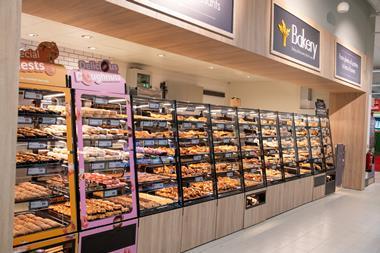

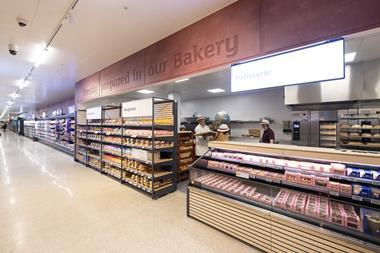


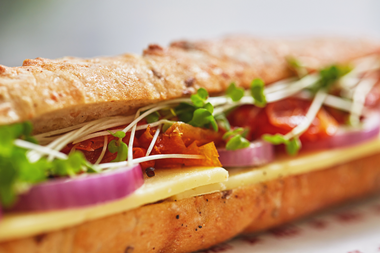

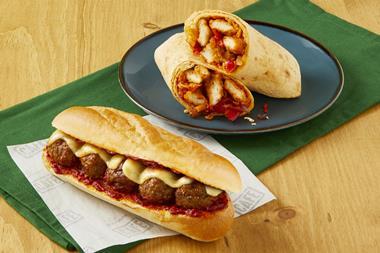


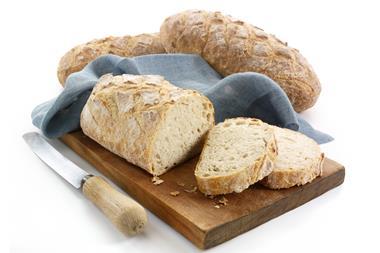
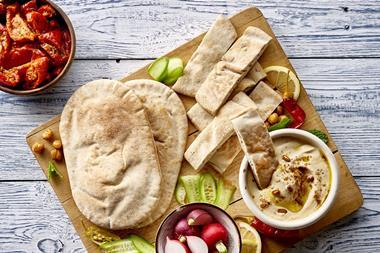

No comments yet